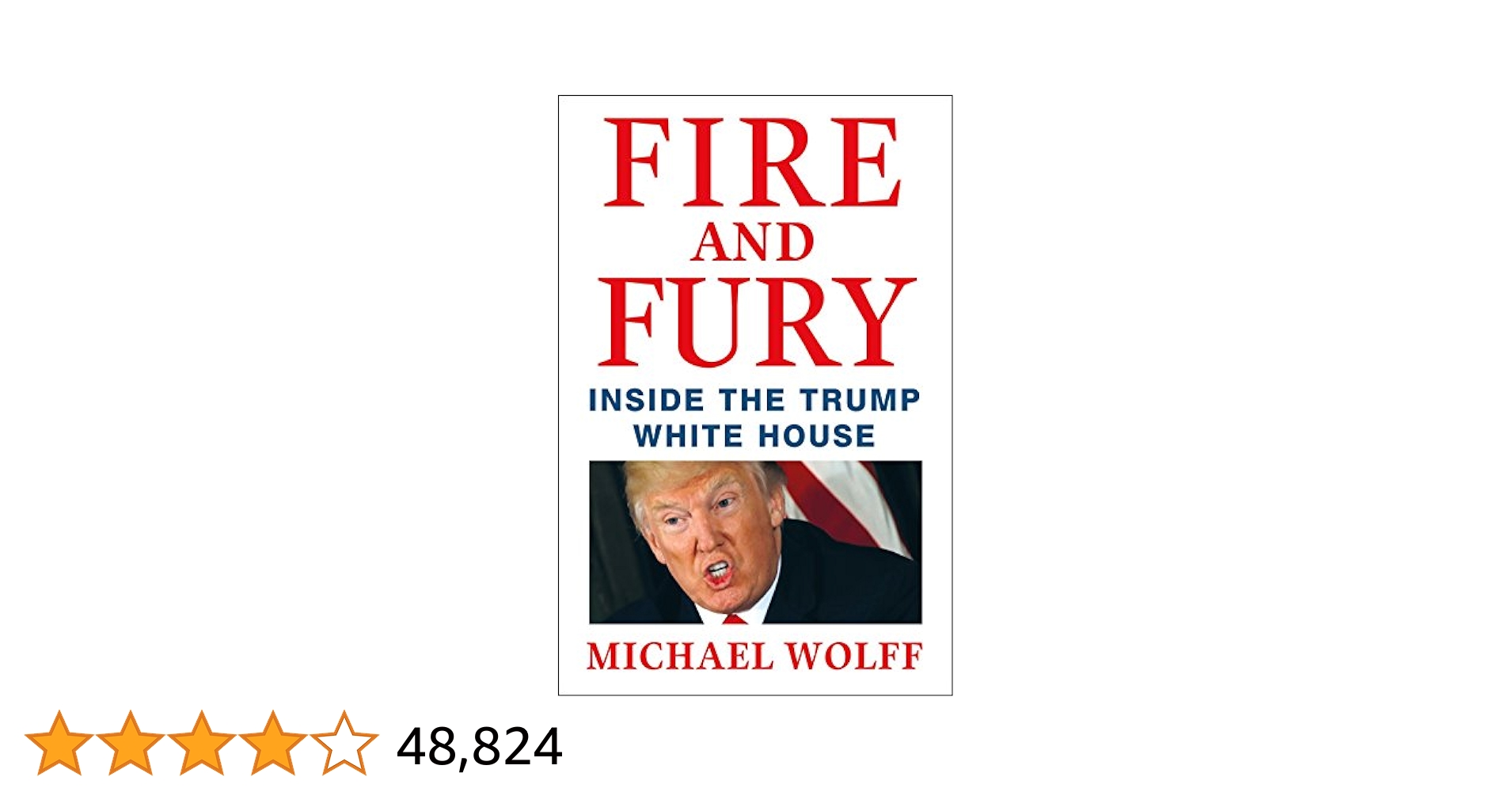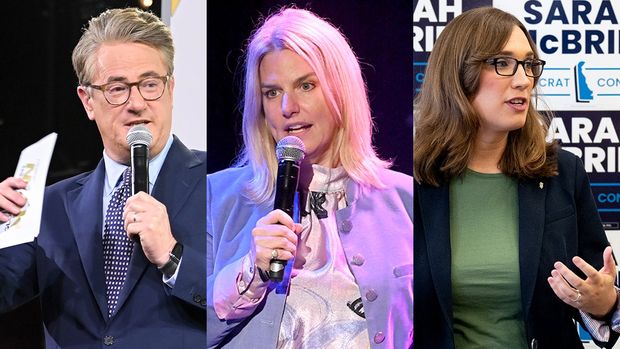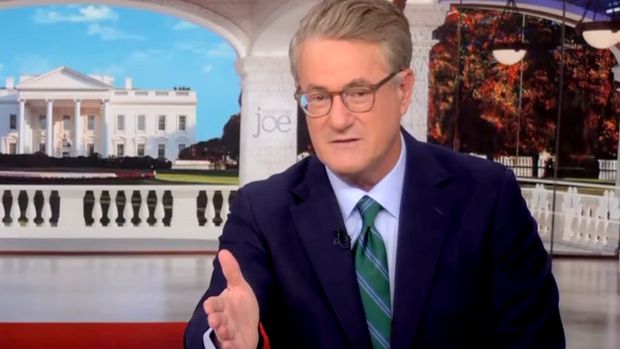Joe Scarborough Rips Into Dems for Focusing on Identity and Cultural Issues: Kids Are ‘Afraid to Speak in Class Because They’ll Be Canceled!’
In a recent episode of MSNBC’s ‘Morning Joe’, host Joe Scarborough unleashed a critical assessment of the Democratic Party’s current focus on identity and cultural issues. His poignant remarks highlighted how this shift has affected political dynamics as the 2024 election approaches. Scarborough, alongside co-host Willie Geist, analyzed the growing sentiment among voters, especially regarding the appeal of former President Donald Trump, attributing part of this attraction to the Democrats’ preoccupation with social justice narratives over pressing economic concerns.
The Shift in Political Narratives
During their discussion, Scarborough and Geist pointed to specific local electoral trends that illustrate this shift. One striking example involved a Republican candidate whose campaign slogan, “Save Girls Sports,” resonated profoundly with constituents. Many voters articulated their discomfort with the Democratic narrative, which they perceive as fixated on cultural battles rather than focusing on core economic issues that significantly impact their everyday lives.
This growing disconnection between the Democratic Party’s messaging and the concerns of traditional voters raises vital questions about the efficacy of identity politics in today’s political landscape. Voters who once leaned Democratic are now expressing sentiments that the party is more concerned with social justice than the economic and security issues that directly affect them.
Parents’ Concerns and Student Experiences
Scarborough also emphasized the impact of contemporary social issues on students’ experiences within educational settings. He relayed alarming testimonies from parents who showcase how their children feel pressured to remain silent during classroom discussions about contentious topics for fear of being “canceled.” This phenomenon highlights a broader issue of free speech and the perceived stifling of open dialogue in educational institutions, contributing to a growing anxiety among both students and parents.
The fear of backlash has emboldened many students to withhold their opinions on critical matters, which Scarborough argues is detrimental not just to individual expression but to the greater educational environment. Parents conveyed their frustrations at home, stressing that children are often overwhelmed by the intense atmosphere surrounding cultural debates, leading to self-censorship.
The Current State of Cultural Issues in Politics
Additionally, Scarborough pointed out that recent events, like the Israeli-Palestinian conflict and related protests on college campuses, have contributed to divisions within the Democratic Party. These controversies often highlight the difficulty the party faces in aligning its diverse constituencies on sensitive cultural issues. The fallout from these discussions could alienate not only moderate voters but also progressives who feel their voices and concerns are overshadowed by the implications of identity politics.
One significant take from Scarborough’s analysis is the realization that many Americans, regardless of their political affiliation, oppose the involvement of transgender women in women’s sports, a critical conversation point that Democrats have largely failed to address. He argued that if the Democratic Party hopes to regain the support of disenchanted voters, it must engage in open, pragmatic discussions about these controversial issues, rather than shying away from them.
As the 2024 presidential election approaches, the Democrats find themselves at a crossroads. Scarborough’s sentiments resonate with a growing frustration among constituencies that feel overlooked in favor of identity-driven narratives. It’s imperative for the Democratic Party to reevaluate its approach and prioritize economic and security issues that resonate more deeply with voters, alongside mindful discussions about cultural topics.
In conclusion, the Democratic Party stands to gain from embracing a more inclusive and pragmatic approach that resonates with a broader audience. By shifting focus back to economic stability and open dialogue, they may be able to reinstate their relevance and trust among voters who are increasingly seeking substance over cultural commentary. Now is the time for decisive action – engaging authentically with the electorate on the issues they truly care about could be their key to success in the upcoming election.





